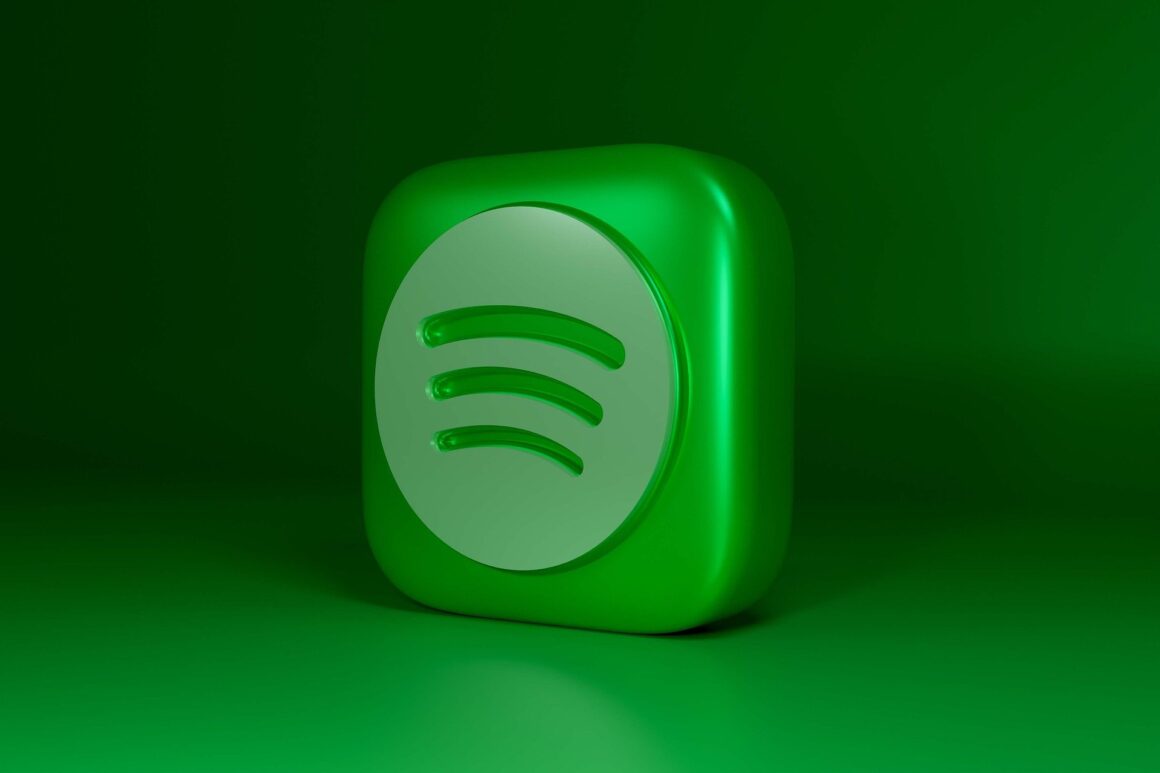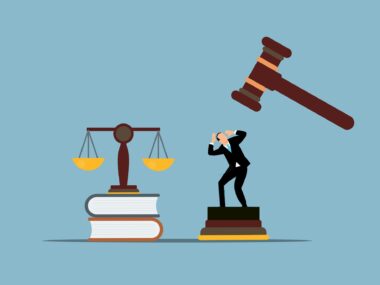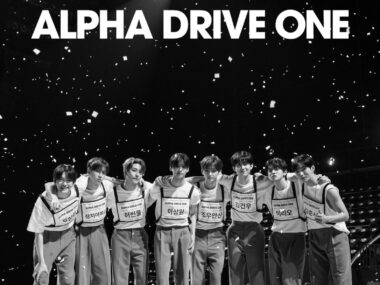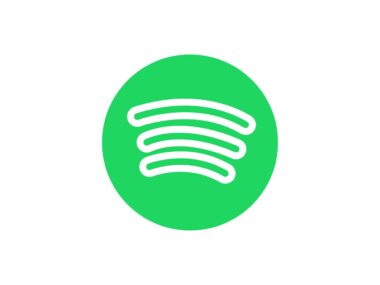ChatGPT now has a Spotify integration that can create playlists on command. Just typing something like “Spotify, make a playlist for my party this Friday” allows the chatbot to build a custom set of tracks. The first time you try it, ChatGPT will ask you to link your Spotify account. From there, the AI can assemble playlists around moods, genres, or even specific themes.
Instead of digging through menus or typing in search terms, you can simply describe the vibe you want. ChatGPT will then generate a playlist that can be opened in Spotify. This works through OpenAI’s Apps SDK and plugins that specialize in playlist creation, such as Playlist AI. While it’s convenient, it comes with potential privacy risks.
Spotify’s Shady History with Data Collection
Spotify has a long history of aggressive data collection. It tracks listening habits, location data, in-app behavior, etc. It uses that information to fuel personalization, advertising, thanks to its broader AI-driven strategy.
While Spotify does comply with GDPR and CCPA, its default settings tend to favor convenience over strict privacy. Public playlists, personalized ads, shared listening histories are all standard unless you take steps to limit them.
Spotify has mentioned that user data won’t be used to train OpenAI’s AI models. The real question is what will Spotify do with the personal information in someone’s ChatGPT account? Linking the two services means Spotify can access the requests you make through ChatGPT. This doesn’t mean Spotify suddenly sees everything in your ChatGPT history. It does expand the scope of data it has on you. Particularly when it comes to context, moods, or activities that you reveal when asking for playlists.
Why This is Dangerous
The new integration sounds cool, it comes at the cost of privacy. Sure, it’s easier than building playlists manually. The tradeoff is giving Spotify yet another source of personal data.
The bigger issue goes beyond Spotify, though. Integrations like this hints at a future where AI chatbots act as a the to other apps. With that shift, the boundaries around data-sharing blur. When you connect accounts across platforms, you’re not just giving one service access to another. You’re creating new links in a larger network of surveillance.
Anyone fascinated by this feature should refrain from using it. Wait until Spotify demonstrates a stronger commitment to transparency and privacy. For now, making playlists the old-fashioned way might be the safest bet.






